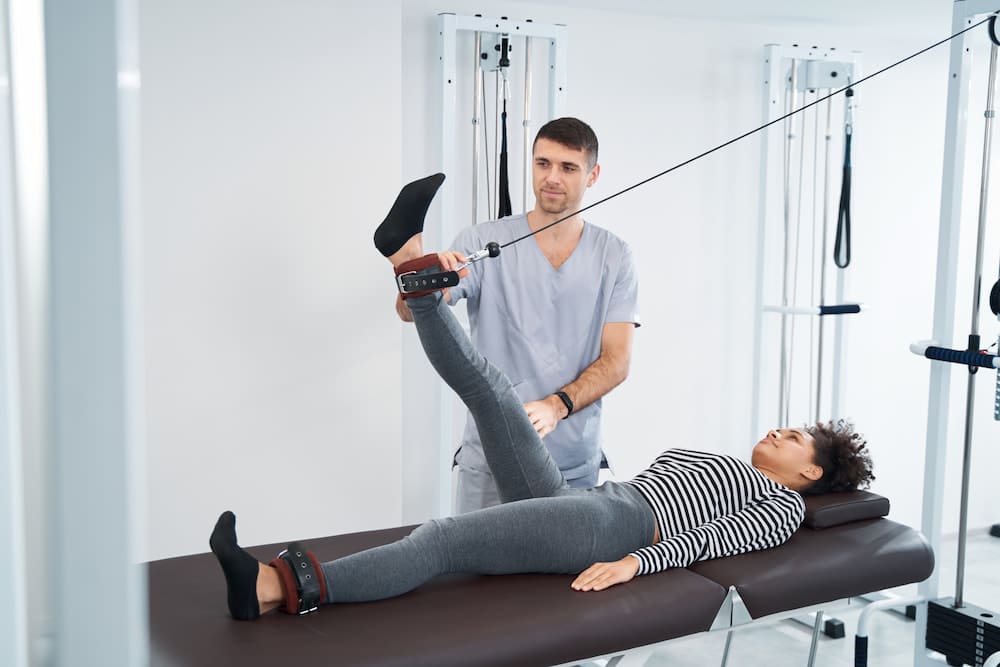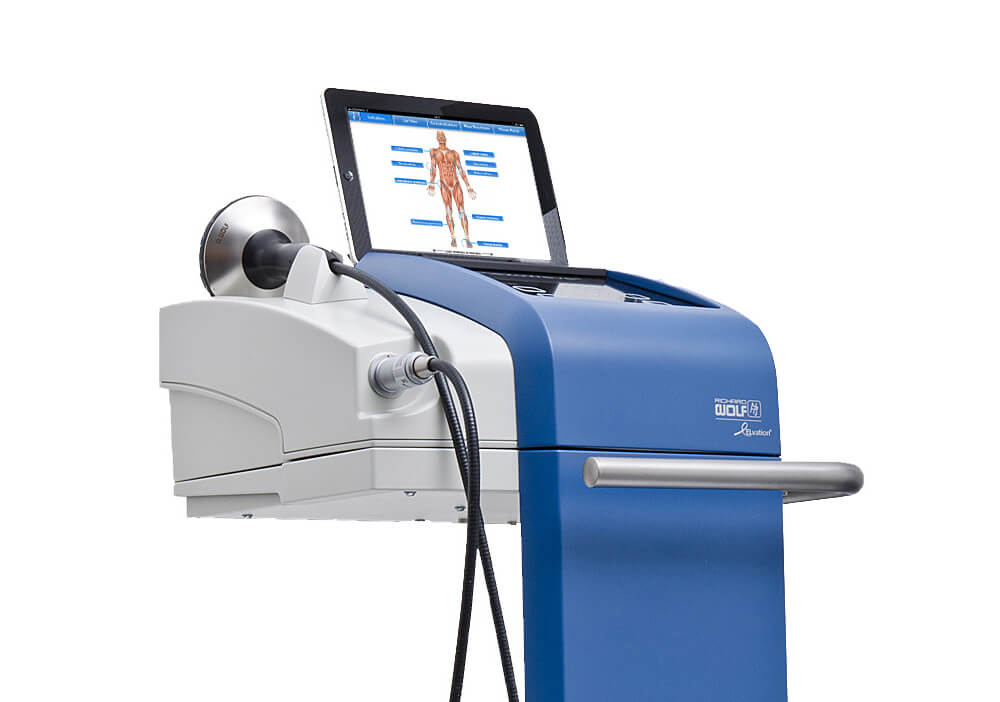

If you’ve ever visited a chiropractor for an adjustment, you’re likely familiar with the symphony of snapping, crackling, and popping noises that often accompany the procedure. But what exactly causes these sounds, and are they a necessary part of the adjustment process?
To demystify this phenomenon, let’s delve into the mechanics of chiropractic adjustments. When a chiropractor performs an adjustment, their aim is to bring the targeted joint to its maximum range of motion, also known as the paraphysiological space. Contrary to popular belief, the goal isn’t to “put bones back into place,” but rather to influence the joints connecting bones, thereby enhancing both active and passive range of motion in the region.

In the spine, the primary joints affected during adjustments are the facet joints. These facet joints, located posterolaterally on both sides of the vertebral body, articulate with the facet joints of the spinal segments above and below. When these joints become restricted or fixated, it can lead to compromised nerve function and muscular tension, resulting in pain and discomfort.
Now, let’s address the elephant in the room: the notorious popping or cracking sound. This auditory phenomenon is technically termed tribonucleation, which occurs when small gas bubbles are created within a liquid containing dissolved gas of nitrogen, oxygen and carbon dioxide and there is a making and breaking of contact between two surfaces. In the context of chiropractic adjustments, tribonucleation occurs within the joint capsule of the facet joint as it is brought to its end range of motion, followed by the application of a precise thrust during the adjustment process.

It’s important to note that while the sound may be startling for some, it’s not a prerequisite for the adjustment to be effective. Even without the audible cue, the joint is still being mobilized to its maximum range of motion, providing the intended benefits of increased flexibility and improved joint function. Factors such as the joint already being beyond its paraphysiological range, dissolved gas within the joint, or limited joint space may contribute to the absence of the popping sound.
Rest assured, chiropractic adjustments are considered safe and the popping sound itself does not pose any additional risk or harm. If you’re still curious or have further questions, don’t hesitate to reach out to us at Health in Motion Chiropractic for clarification. Your health and comfort are our top priorities.
In conclusion, the popping and cracking sounds associated with chiropractic adjustments may seem mysterious, but they’re simply a byproduct of the joint mobilization process. Armed with this understanding, you can approach your next chiropractic session with confidence, knowing that those sounds are just music to your joints’ ears.



Call us today at (386)-320-0325 for relief of your whiplash symptoms or for assistance in reaching optimal health.
